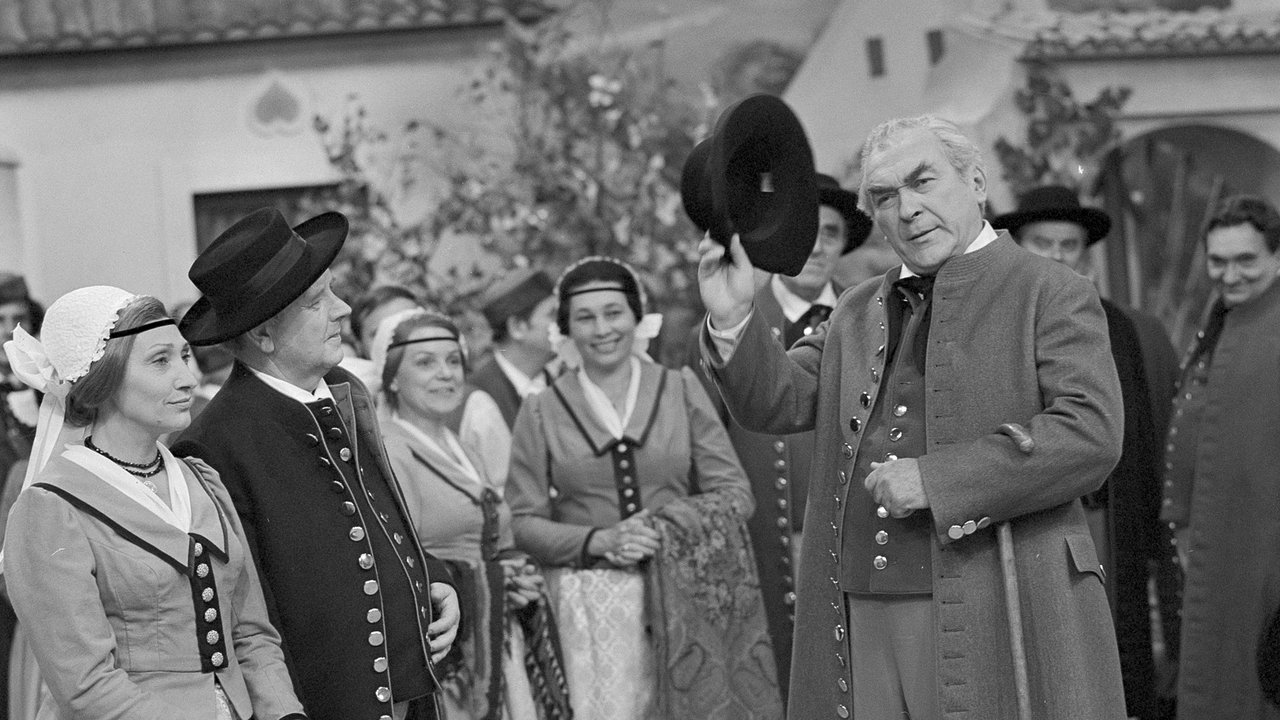
The Bartered Bride (1982)
Frantisek Filip film version of the Smetana opera.

Frantisek Filip film version of the Smetana opera.
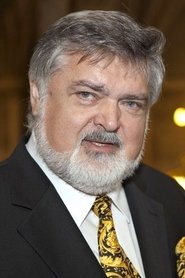 Peter DvorskýJeník
Peter DvorskýJeníkIn ancient Babylon, SEMIRAMIDE (Anderson) encourages her lover Assur (Ramey) to murder her husband, King Ninus. Her son, Ninius, disappears, believed dead, and Semiramide rules in her own right. 15 years later, as the opera opens, she is about to announce the name of her successor. Idreno (Olsen) and Assur are the leading candidates for the throne and the hand of Princess Azema (Shin), but Semiramide has taken a fancy to young Arsace (Horne), her victorious military leader who has been summoned back to Babylon. Only the high priest Oroe (Cheek) knows that Arsace is actually Ninius, spirited away to safety after the coup. As the queen announces Arsace as her successor, the ghost of her husband appears from his tomb, demanding that Arsace punish the late king’s murderers... Filmed at New York's Metropolitan Opera, John Copley's production of Rossini's last, longest and most elaborate dramatic opera brings together what many consider the definitive contemporary cast.
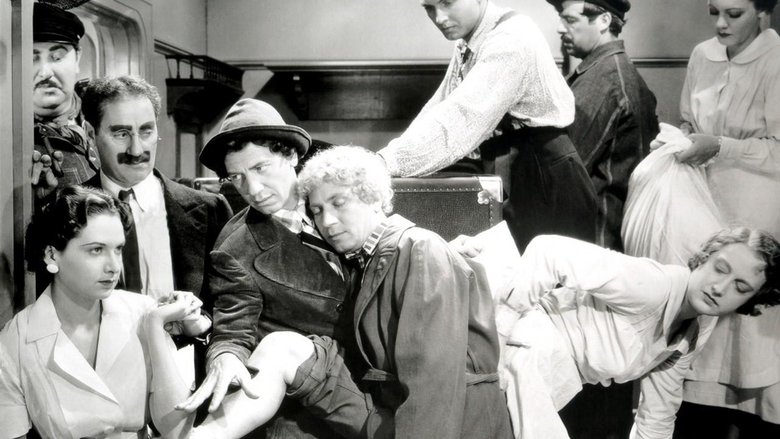
The Marx Brothers take on high society and the opera world to bring two lovers together. A sly business manager and two wacky friends of two opera singers help them achieve success while humiliating their stuffy and snobbish enemies.
Mythology goes to church in New Zealand Opera's unique, site-specific staging of Handel's baroque masterpiece. This sensual story explores a love triangle between Jupiter, King of the Gods, his wife, the goddess Juno, and his lover, the mortal but overly ambitious princess Semele. This engrossing film of an in-the-round live performance showcases Handel's exquisitely lyrical music and presents a powerful story of ambition that is as relevant today as it was when written nearly three centuries ago.
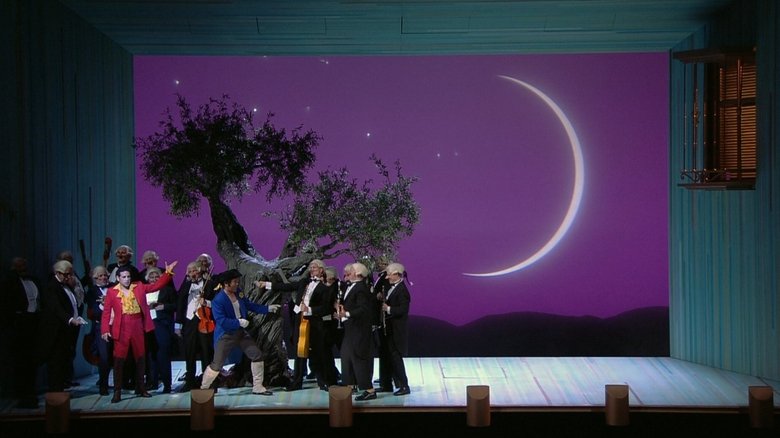
23-year-old Gioachino Rossini completed his masterpiece IL BARBIERE DI SIVIGLIA incredibly quickly – legend has it in just 13 days – which Rossini attributed to ‘facility and lots of instinct’. The opera, characterized by youthful energy and bold wit, has all the ingredients for comic chaos: an imprisoned young woman, her lecherous guardian and a young noble suitor. Skilfully plotting behind the scenes is Figaro, an irrepressible and inventive character in whom many have seen a resemblance to the young Rossini himself. The score fizzes with musical brilliance, from Figaro’s famous entrance aria to the frenzy of the Act I finale. This recording sees Joyce DiDonato (Rosina) bring literal meaning to the old theatrical motto Break a leg! She did just that in an earlier show but was determined to finish her commitment and was re-staged into the production to allow for the additional challenges that come when a leading lady in a lively physical role must wheel around the other performers...
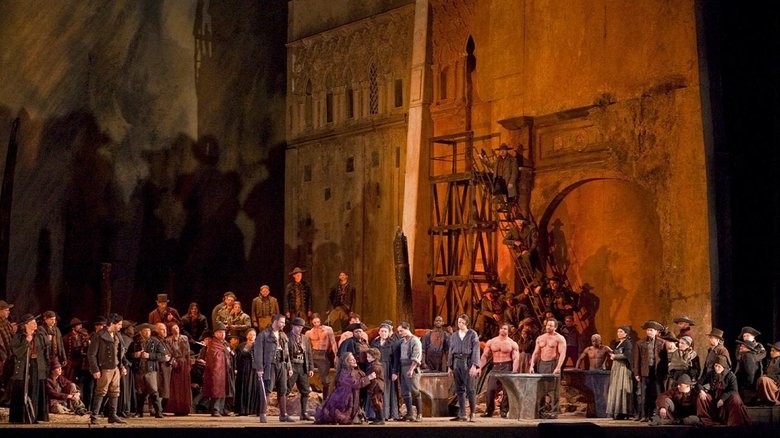
Verdi’s IL TROVATORE again storms the Met stage in a star-studded, anvil-wielding cast , including Sondra Radvanovsky, Dolora Zajick and Dmitri Hvorostovsky. Marcelo Álvarez sings Manrico, the troubadour of the title. The story is well-known already: The gypsy Azucena has harbored a grudge for thirty years, but she is about to have revenge at last. Meanwhile, her son Manrico is in love with Leonora, but so is his arch-enemy, the Count Di Luna. A pot-boiler, where every tune is a hit.
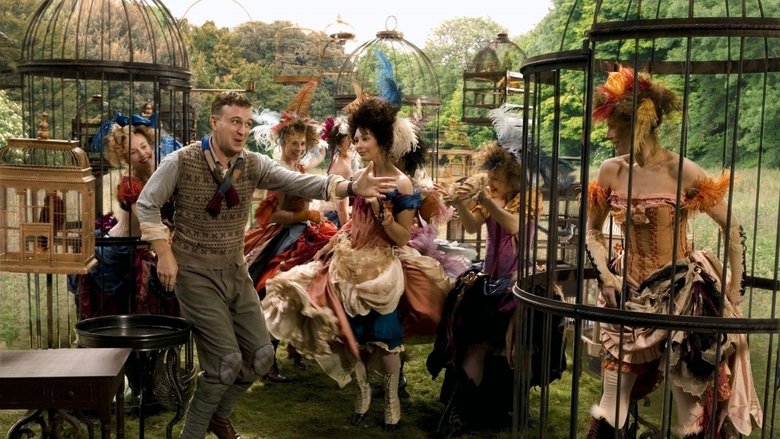
During World War I, in an unnamed country, a soldier named Tamino is sent by the Queen of the Night to rescue her daughter Pamina from the clutches of the supposedly evil Sarastro. But all is not as it seems.
LA PIETRA DEL PARAGONE (The Touchstone) concerns the Count Asdrubale who is wealthy and therefore of great interest to many women – notably Aspasia, Fulvia, and Clarice. Only Clarice, however, loves him for something other than his riches. There are also male hangers-on: the corrupt journalist Macrobio, the poetaster Pacuvio, and Giocondo, who is Asdrubale's true friend, but who has his own eyes on Clarice. To test his friends and would-be fiancées, Asdrubale pretends that he has been bankrupted. Sure enough, only Clarice and Giocondo stand by him, and when his fortune is "miraculously" saved, the three have the last laugh on everyone else... or do they? This production is set in what looks like the early 1960s. But the real innovation is the use of blue screen technology: using tiny cameras and sets, along gigantic screens hanging over the stage, a kind of video mixing makes the singers appear to inhabit any number of fanciful settings and perform a myriad of improbable actions.
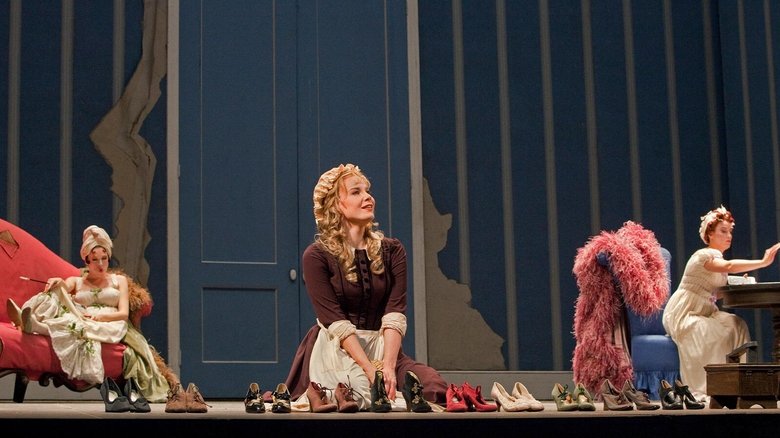
"Irresistible" (Opera News) rising-star mezzo Elina Garanca triumphs as Rossini's Cinderella in this delightful Metropolitan Opera production. "As close to pure joy as you will find in a big-time opera house" (New Yorker), conquering audiences and critics alike, "Garanca has a gorgeous voice that she uses with exceptional skill, melting tenderness; but when the part calls for coloratura fireworks, she unleashes a flawless technique and ringing high notes of impressive power" (Associated Press). Filmed in High Definition Widescreen.
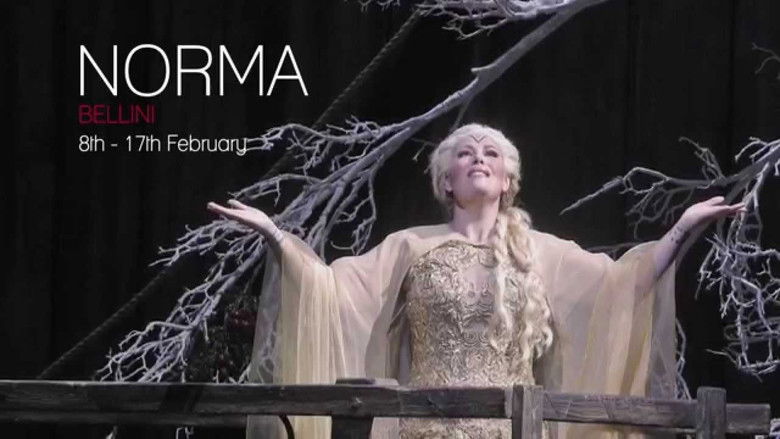
This new production of Norma, directed by Grammy Award-nominated opera, theatre and film director Kevin Newbury (winner of the Irish Times Theatre Award 2010) and starring Sondra Radvanovsky as a "powerful, elegant" Norma (New York Times) and Gregory Kunde as Pollione, is "something very special. The word 'historic' is used perhaps a little too often but tonight there really is no other adjective to describe the sensational performances offered to us by Sondra Radvanovsky and Gregory Kunde."

A short experimental film shot on Super 8, inspired by the music of Richard Wagner.
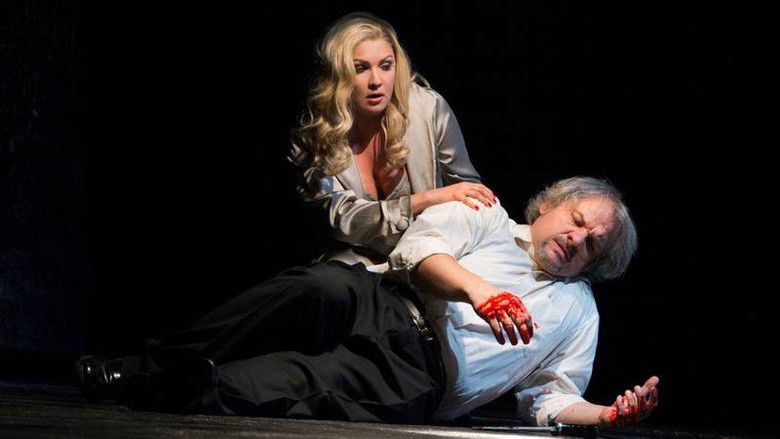
Star soprano Anna Netrebko created a sensation with her riveting performance as the malevolent Lady Macbeth, the central character in Verdi's retelling of Shakespeare's tragedy. She is joined by Željko Lučić, who brings dramatic intensity and vocal authority to the title role of the honest general driven to murder and deceit by his ambitious wife. The great René Pape is Banquo and Joseph Calleja gives a moving performance as Macduff. Adrian Noble's powerful production provides an ideal setting for this dark drama, which is masterfully presided over by Met Principal Conductor Fabio Luisi.
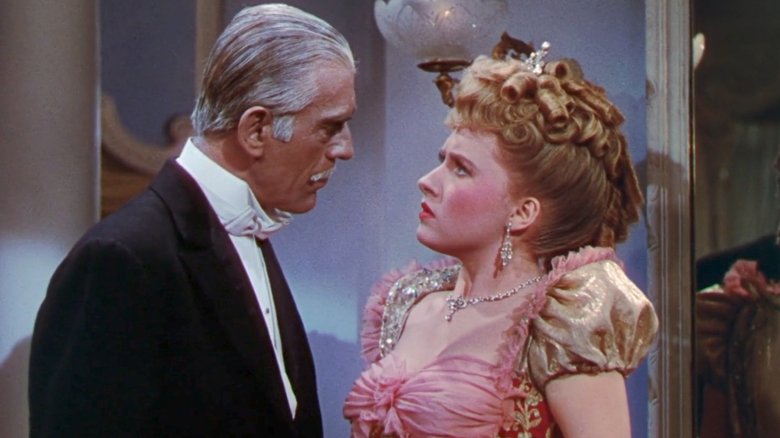
Dr. Hohner, theatre physician at the Vienna Royal Theatre, murders his mistress, the star soprano when his jealousy drives him to the point of mad obsession. Ten years later, another young singer reminds Hohner of the late diva and his old mania kicks in. Hohner wants to prevent her from singing for anyone but him, even if it means silencing her forever.
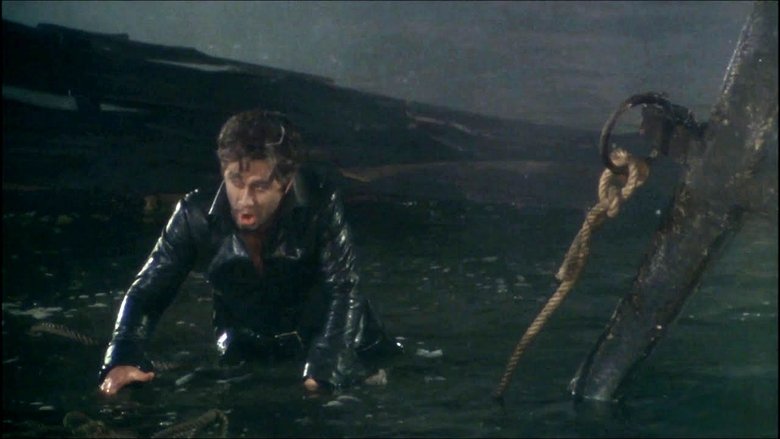
This vivid film of Wagner's romatic opera succeeds in conveying what has famously been called "the wind that blows out at you whenever you open the score", including Daland's boat anchoring against the Sandwike cliffs, the red-sailed phantom ship, and the ghost crew rising from the dead. "Scenes that recall classic horror films... Brilliantly successful" (Nürnberger Nachrichten), "Captures the works' essence" (Süddeutsche Zeitung). With a superb cast; conducted by Wagner authority Wolfgang Sawallisch.
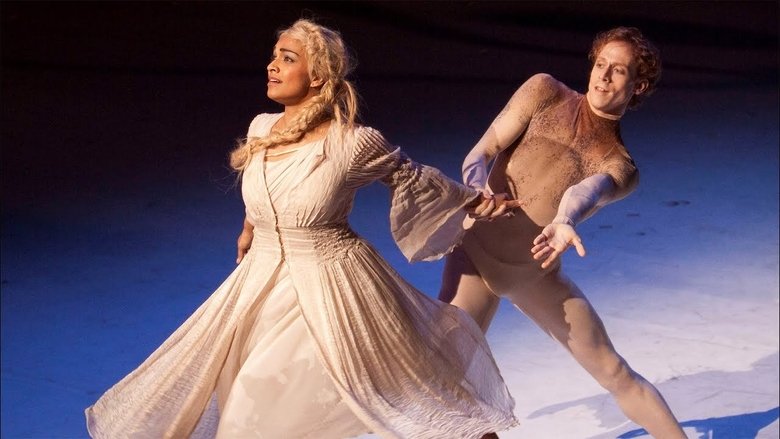
The Royal Ballet and the Royal Opera collaborate in Wayne McGregor's production of Handel and Gay's classic opera, in which the nymph Galatea falls in love with a shepherd named Acis.
Miller’s daughter Zuzanka Vojířová, betrothed to Ondřej Zachar, hesitates before marriage when Lord Peter Vok of Rožmberk invites her to his castle. There she bears his son Petříček, but his wife hides the child. After Vok’s death in battle, Zuzanka is expelled and lives as a beggar, reunited with her son and former fiancé, finding solace in the continuation of the Rožmberk lineage.
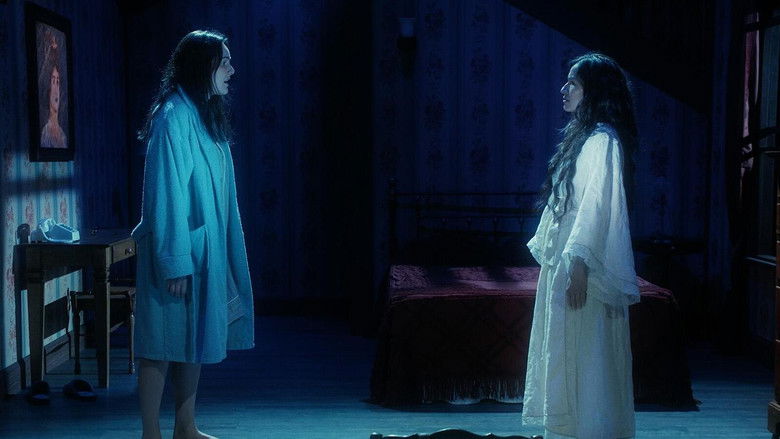
Still healing from her grandmother’s death, Addison Moore finds herself checking into The Copper Queen Hotel in Bisbee, Arizona. Aware of the ghost stories and hauntings, Addison fearlessly elects to stay in Room 315, the location of the heartbroken Julia Lowell’s death a century ago.
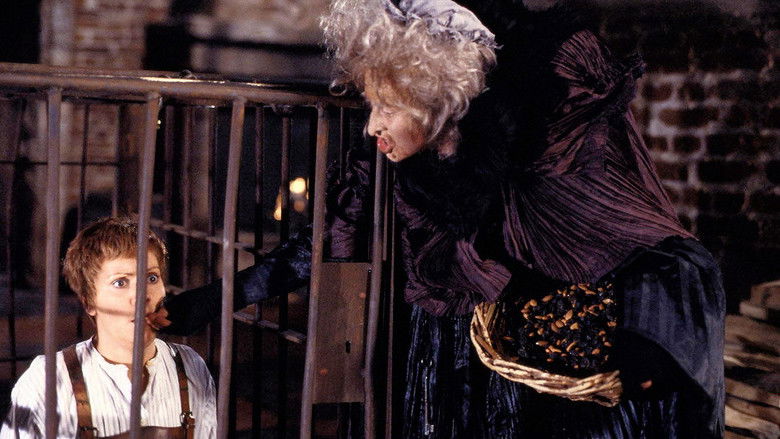
Engelbert Humperdinck's beloved musical fairy tale HÄNSEL UND GRETEL is brought to life by Sir Georg Solti and an illustrious cast - all part of a shimmering production that continues to enchant audiences of all ages.
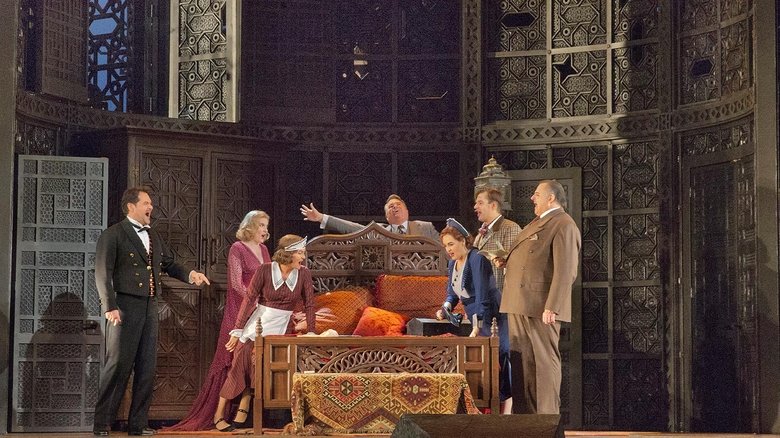
Richard Eyre’s elegant production, which opened the Met’s 2014–15 season, sets the action of Mozart’s timeless social comedy in a manor house in 1930s Seville. Ildar Abdrazakov leads the cast as the resourceful Figaro set on outwitting his master, the philandering Count Almaviva, played by Peter Mattei. Marlis Petersen sings Susanna, the object of the Count’s affection and Figaro’s bride-to-be, Amanda Majeski is the Countess, and Isabel Leonard gives a standout performance as the pageboy Cherubino. Music Director James Levine on the podium brings out all the humor, drama, and humanity of Mozart’s score.
Live performance from Schwetzinger Festspiele, 1992. Based on Voltaire's tragedy, TANCREDI is a story of innocence wronged set against a backdrop of Turks at war with Syracuse. Amenaide, the daughter of Argirio, leader of the senate, is in love with the exiled knight Tancredi. Argirio offers Amenaide's hand in marriage to Orbazzano, the leader of a rival faction, as a token of reconciliation. Amenaide resists this and sends a letter to Tancredi, who is back in Syracuse in hiding. The letter is intercepted, and it is mistaken as an invitation to the Turk Solamir to enter Syracuse. Amenaide is sentenced to death for treachery, but Argirio allows a champion to fight for her vindication... will her beloved Tancredi save her? Bernadette Manca di Nissa, Maria Bayo, and Raul Gimenez star in this Rossini opera with Gianluigi Gelmetti conducting the Radio Symphony Orchester Stuttgart.
Wiener Philharmoniker and Wiener Philharmonia Chor Conducted by Karl Böhm Directed by Vaclav Kaslik